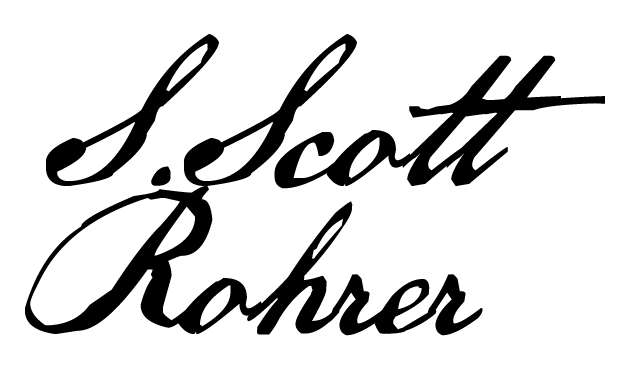The King’s Faithful Subjects:
Loyalism and Religion in the American Revolution
In the ground-shaking event known as the American Revolution, loyalism remains something of a mystery. Those colonists who sided with the British Crown defy easy categorization because of their diversity and the amorphous nature of their loyalty to the British nation. Some defended American rights but rejected independence. Others denounced the revolutionaries as enemies to liberty, defended monarchy, and argued Americans would fare best by remaining in the British empire. Yet others wanted to be left alone, or backed the British cause out of hostility to their American neighbors.
Loyalists could be found in all corners of American society, from wealthy merchants in seaside ports who enjoyed close ties to London, to commoners in the backcountry who eked out a living as laborers or indentured servants. Historians of early America, as a result, have long struggled to explain loyalism and its causes. Religion’s influence on loyalism has proven to be especially vexing. Students of the American Revolution generally agree that religious beliefs played only a small role in determining the political allegiance of those Americans who wanted to remain in the British empire. Anglicans, after all—members of the king’s church—could be found on both sides of the conflict, and the Church of England enjoyed strong representation among signers of the Declaration of Independence.
The King’s Faithful Subjects will look beyond conventional wisdom to explore the full role of religion in loyalism—the first monograph to do so. The book will consist of a series of case studies on thematic topics, examining the intersection of ideology, religious values, and kinship in loyalism. Building on The Folly of Revolution, the opening chapter will dissect the ways that religious beliefs influenced views of government, authority, and revolution by comparing the belief systems of Anglicans, Presbyterians, Methodists, Quakers, pietists, and others. Subsequent chapters will explore the role of religious history and rivalry on loyalism—the conflicts between Anglicans and dissenters, as well as Scotch-Irish Presbyterians and Highlanders—and the role that the loyalist clergy played in fomenting opposition to the American Revolution.
The King’s Faithful Subjects will also analyze the social dimensions of religion and its influence on political affiliation, including kinship and congregational ties; ethnicity; and slavery. This will involve taking detailed looks at Methodists and revivalism on the Eastern Shore, Quakers in Pennsylvania and New Jersey, Anglicans in Newport, Rhode Island, Moravians in North Carolina, and African-American Baptists in Georgia.
This survey of religion during the American Revolution will seek to illuminate a central truth: Religion influenced loyalism in important and unrecognized ways.

